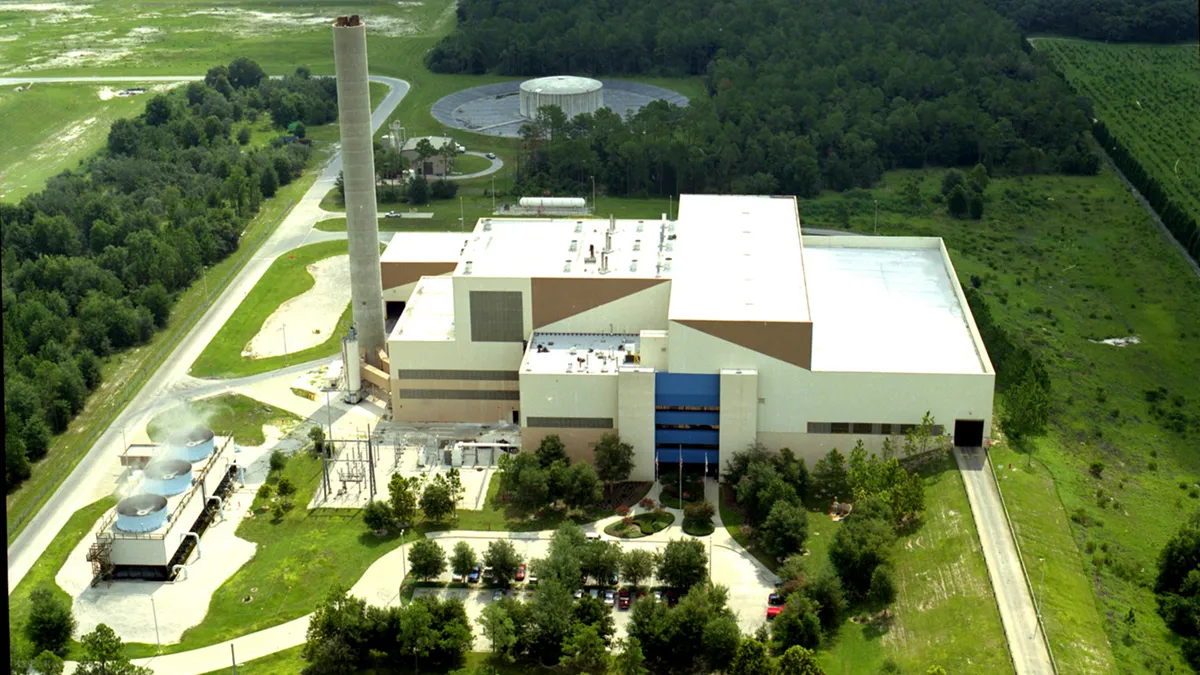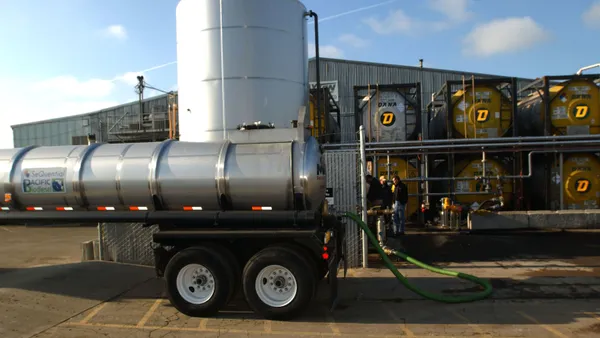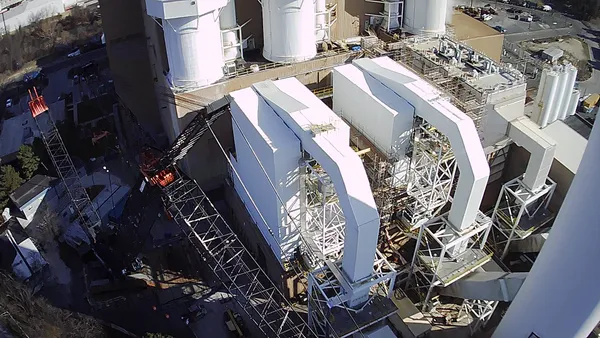Commissioners in Pasco County, Florida, voted unanimously to expand its waste-to-energy facility on Sept. 5, approving design, build and service agreements worth up to $550 million with Covanta.
The expansion of the Pasco County Resource Recovery facility in Spring Hill is expected to add 515 tons of daily capacity. In comments made during the vote, County Commissioner Jack Mariano said the move would save landfill space.
"It will save us from sending waste out of county [for disposal] and having to pay a lot of extra fees," Mariano said, according to a release from the Florida Waste-to-Energy Coalition.
Covanta first entered an agreement with the county to design, build and operate the facility in 1988. Since then, its contract has been extended twice, and the previous contract was scheduled to end in 2024. The newest service agreement runs for 10 years and is worth up to $290 million. The design-build agreement for the expansion is worth up to $260 million.
The power purchase agreement for the facility, which presently generates an estimated 30 megawatts of electricity, also includes a notable discount for the county. Pasco County will pay Covanta $9.75 per megawatt-hour beginning in 2025, compared to the $26 per megawatt-hour it expects to pay in fiscal year 2024 under the terms of its expiring agreement.
The Pasco incinerator is one of 10 in the state, and like others serves a growing population. Its expansion comes as other counties in Florida face difficult questions about whether to add incineration capacity.
In Miami-Dade County, a fire that destroyed another Covanta-run resource recovery facility in Doral has forced the county to enter into a complex debate about replacing the facility or accelerating a zero waste plan that turns to landfilling to meet the increased need for disposal capacity. Meanwhile, Broward County officials have faced questions from residents about a rumored incinerator project near Pembroke Pines.
Last year, Florida Gov. Ron DeSantis signed a law that would provide grants to incentivize capacity expansion at the state's incinerators, as well as financial assistance for power purchase agreements at municipally-owned solid waste combustion facilities. That program is still in development, but Pasco County could potentially benefit from it if funded, said Joe Kilsheimer, executive director of the Florida Waste-to-Energy Coalition.
This project will be the first in the country since Palm Beach County contracted Covanta to expand a facility in 2015, according to Pasco County Solid Waste Director Justin Roessler. While it may yet apply for new state funds, the county has already indicated it will take advantage of Investment Tax Credits included in the Inflation Reduction Act.
The county expects construction to begin in summer of 2024, with commercial operation beginning two years later and reaching full capacity by September 2026.















